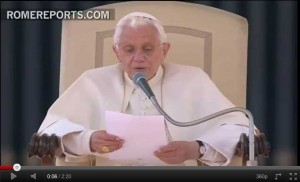 VATICAN CITY, 9 NOV 2011 (VIS) –
VATICAN CITY, 9 NOV 2011 (VIS) –
In his general audience this morning Benedict XVI focused his catechesis on Psalm 119, the longest of the Psalms, constructed as an acrostic in which each stanza begins with one of the twenty-two letters of the Hebrew alphabet. Its subject matter is “the Torah of the Lord; that is, His Law, a term which in its broadest and most complete definition comprehends teaching, instruction and life guidance. The Torah is revelation, it is the Word of God which is addressed to man and which arouses his response of faithful obedience and generous love”, the Pope said.
“The Psalmist’s faithfulness arises from listening to the Word, from keeping it in his heart, meditating upon it and loving it, like Mary who 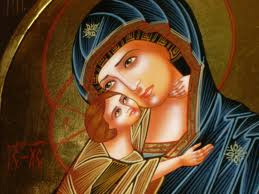 ‘treasured in her heart’ the words addressed to her, the marvellous events in which God revealed Himself and asked for her response of faith”, he explained. The Psalmist describes those who walk in the Law of the Lord as blessed, and indeed “Mary is blessed because she bore the Saviour in her womb, but above all because she accepted God’s annunciation and treasured His Word attentively and lovingly”.
‘treasured in her heart’ the words addressed to her, the marvellous events in which God revealed Himself and asked for her response of faith”, he explained. The Psalmist describes those who walk in the Law of the Lord as blessed, and indeed “Mary is blessed because she bore the Saviour in her womb, but above all because she accepted God’s annunciation and treasured His Word attentively and lovingly”.
Psalm 119 is constructed around this Word of life and blessing. Its central theme is the Word and the Law, and its verses are replete with synonyms thereof such as “precepts, decrees, promises”, associated with verbs such as “to know, to love, to meditate, to live”, the Holy Father explained. “The entire alphabet features in the twenty-two verses of the Psalm, as does the entire vocabulary of the believer’s relationship of trust with God. We find praise, thanksgiving and trust, but also supplication and lamentation; however, all of them are pervaded by the certainty of divine grace and the power of the Word of God. Even those verses most marked by suffering and darkness remain open to hope and are permeated with faith”.
The Law of God, which is “the centre of life”, must be “listened to with obedience but not servility, with filial trust and awareness. To listen to the Word is to have a personal encounter with the Lord of life. … The fulfilment of the Law is to follow Jesus”. Thus Psalm 119 “guides us towards the Gospel”, the Pope explained.
listen to the Word is to have a personal encounter with the Lord of life. … The fulfilment of the Law is to follow Jesus”. Thus Psalm 119 “guides us towards the Gospel”, the Pope explained.
In this context he focused particularly on verse 57: “The Lord is my portion; I promise to keep your words”.
“The term ‘portion'”, he explained, “evokes the partition of the Promised Land among the tribes of Israel, when the Levites were given no part of the territory because their ‘portion’ was the Lord Himself. … These verses are also important for us today, especially for priests, who are called to live from the Lord and from His Word alone, with no other guarantees, no other wealth, and having Him as their one source of true life. It is in this light that we can understand the free choice of celibacy for the Kingdom of heaven, which must be rediscovered in all its beauty and power.
“These verses are also important for the faithful, the People of God who belong only to Him”, the Pope added in conclusion. “They are called to experience the radical nature of the Gospel, to be witnesses of the life brought by Christ, the new and definitive ‘High Priest’ Who offered Himself in sacrifice for the salvation of the world. The Lord and His Word are our ‘land’ in which to live in communion and joy”.



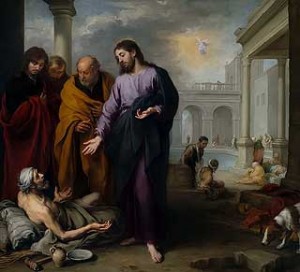

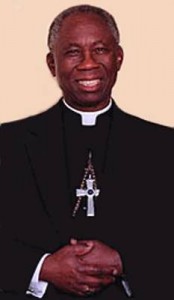
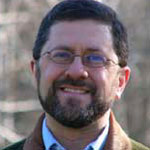
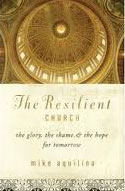
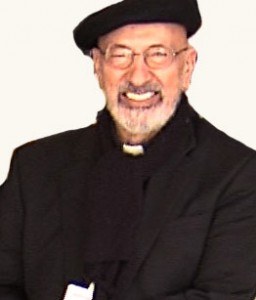
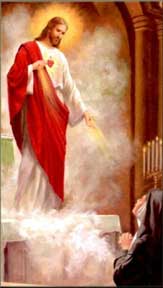 represented His love for humanity, and the thorns represented man’s sinfulness and ingratitude. Jesus informed her that her mission was to establish the devotion to His Most Sacred Heart, and He revealed
represented His love for humanity, and the thorns represented man’s sinfulness and ingratitude. Jesus informed her that her mission was to establish the devotion to His Most Sacred Heart, and He revealed 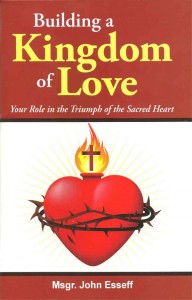
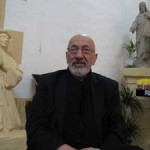
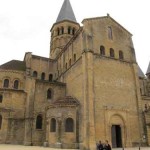

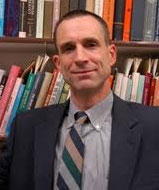
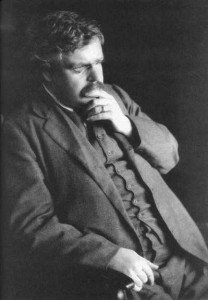
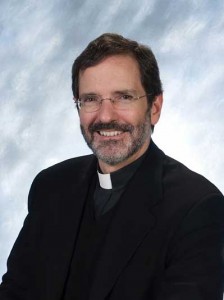



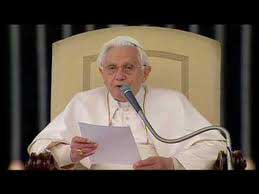

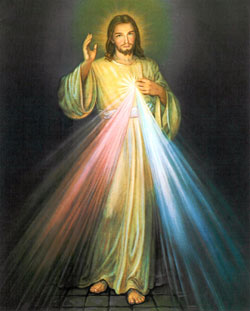
 raise the
raise the 